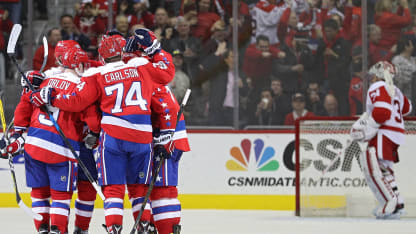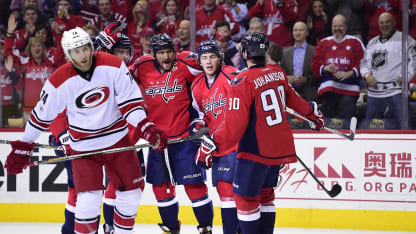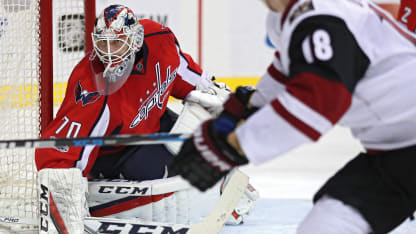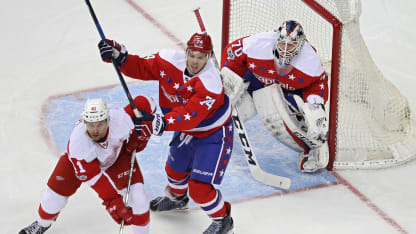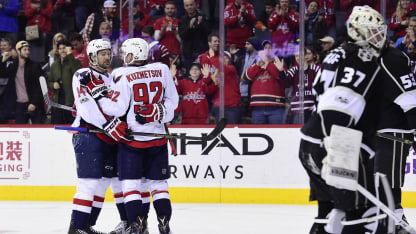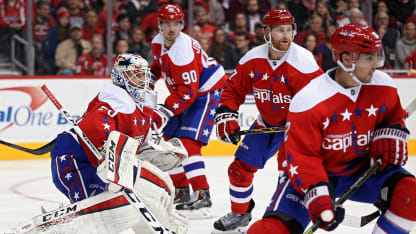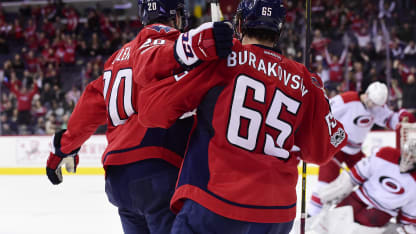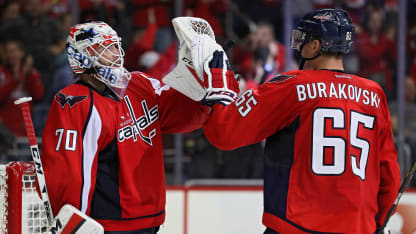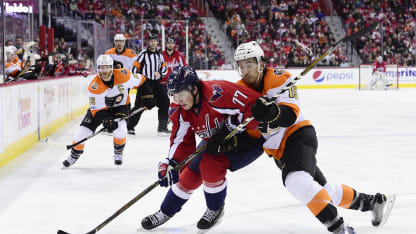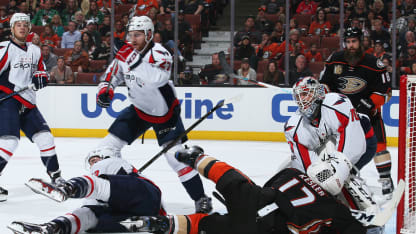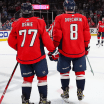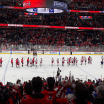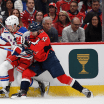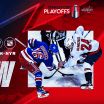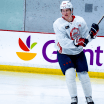The Caps opened the season with a shootout loss to the Pens, but still managed to get out to a seemingly strong 8-2-1 start. But even though the results were positive, the Caps were also keenly aware that they weren't playing to the ceiling of their capabilities. Washington followed that strong start with a very ordinary 5-4-2 stretch in its next 11 games. Pittsburgh, Columbus and the New York Rangers all got out to even stronger starts and Philadelphia started a 10-game winning streak in late November, leaving the Caps in fifth place in the Metropolitan Division.
"I think it's pretty fair to say that no one is ecstatic about where our game is presently," said Caps right wing Justin Williams in November. "It's just been 'okay.' And 'okay' is certainly not 'okay' for this team.
"We've gotten by because we're a good team, and we're talented and we care. But we haven't seemed to put it all together yet. The good news is we have time, and we have guys in here who care about rectifying it."
One of those guys in there who cares about rectifying it is Caps goalie Braden Holtby. When Washington sleepwalked its way through a 4-2 loss to the Maple Leafs in Toronto on Nov. 26 - a defeat that wasn't as close as the score would indicate - Holtby offered a terse and honest assessment after the game.
"We didn't look like the Washington Capitals out there at all," said Holtby. "I think we got embarrassed by a young team. That's not acceptable in our culture here. We have to be better, every one of us. It was embarrassing."
A home ice whitewashing at the hands of the New York Islanders followed. Then there was a shootout setback at the hands of the Lightning in Tampa Bay. A quarter of the season was gone, and there were few signs of the dominant team the Caps had been throughout then entirety of the previous campaign.
"I think we haven't played to our best ability on a consistent basis," said Caps right wing T.J. Oshie at the time. "You've seen flashes of it. And I think you've seen flashes of how we definitely don't want to play.
"I think we know what our identity is, but we haven't gotten to that on a consistent basis. There has been some good and some bad; more ups and downs to start the year this year than last year. But maybe that's a good thing, that we're learning and growing as a team together."

